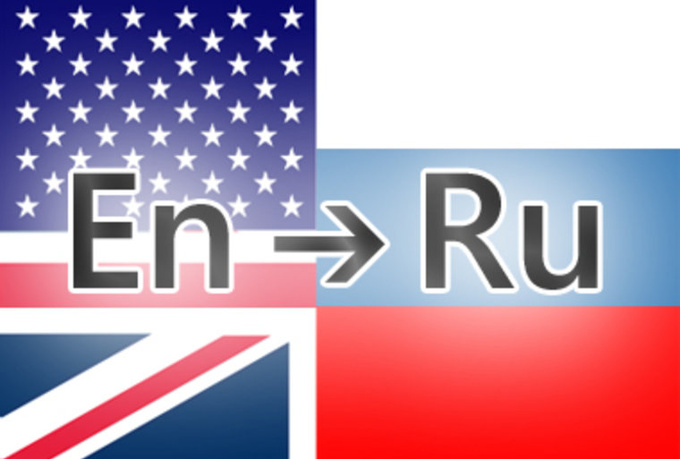The best way to Choose Your Translator
Looking for a Translator, but you're doubtful of what you will discover? Do you know choosing the appropriate company? Are typical translators the same? Think about interpreters, could they be not translators also? What things should you ask your potential translator to find out if he/she is competent enough?
The following is where you should begin:
Ask your potential service provider (PSP, down the road) to provide proof of competence in the following:
- Both languages: for technical texts (those with abundant technical terms), the PSP should have his source language certified to some European C1 level (or equivalent) as minimum, with his fantastic target language certified to level C2 or possibly a knowledgeable native speaker of the language (see: Wikipedia link below)
- Translation competence: for technical texts, the PSP needs to have at least 5 years practical experience translating texts inside the technical field as being a freelancer, 3 years if done under supervision of the more experienced translator, and double when the PSP has rarely translated a text from the technical field.
- Field competence: Ideally, the translator should hold a degree in a field related to the translation topic (i.e. in Fisheries there exists only one or 2 translators who hold degrees in this area or related field for a few language pairs within the entire world. Some language pairs have none). 
Alternatively, the PSP should:
- hold diplomas or crash courses within the topic, or
- worked as a chef from the specialty for a few years (not translation related jobs), or
- is skilled translating texts in the specialty under supervision with a specialist (more than 3-5 years), or over 5-10 years if occasionally/rarely translating texts within the specialty, or above Two decades if never has translated under supervision of a more capable translator.
- Education: Always select a translator with degree. The feeling good universities deliver their students will almost always be an advantage in translation: creative and independent thought, intellectual challenges, initiative and leadership, critical thinking and questioning, innovation, as well as, good universities will be the method to obtain innovative knowledge.
- Cultural awareness: immersion inside a culture/community/country related to a language is vital in translation, as much for understanding nuances in the source as and in having the capacity to transfer those nuances in to the target. Many of the crucial in texts in which the reader really wants to identify himself with the writing, like in many marketing techniques texts.
For more information about russian translator just go to our new webpage.